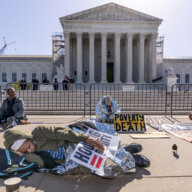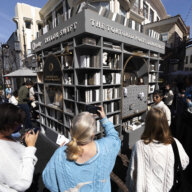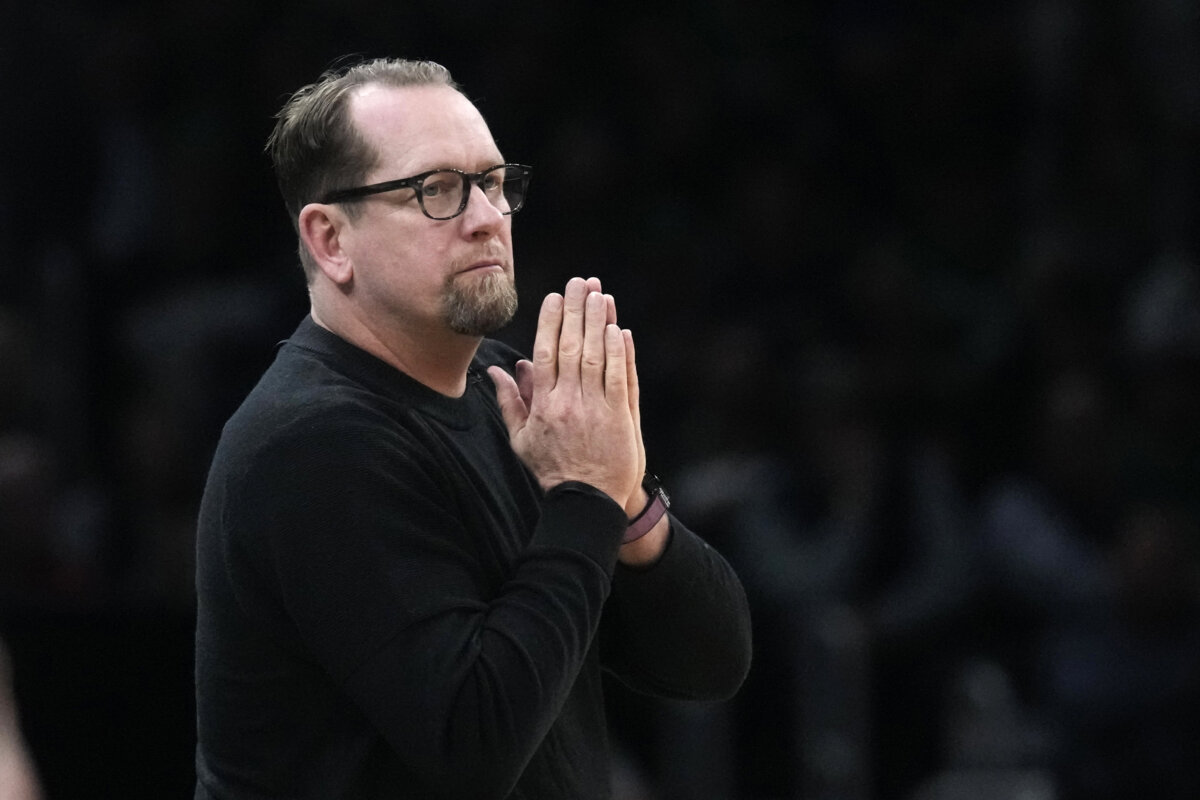Following statements of solidarity released by University of Pennsylvania and Temple University professors, as well as a Temple student walkout Friday, Penn graduate students have also released a statement in solidarity with Occupy Philly.
In the statement, they discuss the disparity between publicly and privately-funded universities, recognize the dwindling educational options for youth and praise Occupy’s “vibrant educational environment” and open decision-making process.
Any sympathizers at Drexel out there?
The full text of Penn grad students’ statement is below. It was signed by 133 students whose disciplines range from Anthropology and Social Policy and Practice to Law and Medicine.
“As graduate students who study and teach at the University of Pennsylvania, we express our solidarity with the Occupy movement now underway in many cities, including our own.
We understand the movement as responding to the erosion of the state’s commitment to ensuring social and economic justice and equality for the vast majority, the “99%.” In our dual roles as students and educators, we feel obliged to reiterate and support the movement’s rightful critique of the political economy of post-secondary education. Over the past decades, the structure of higher education in the U.S. has increasingly reflected and reproduced the unequal society against which the Occupy movement protests. As members of this university community, we feel the need to draw attention to the fact that at the same time as our own endowment grew by an astounding one billion dollars in
fiscal year 2011, state universities have faced severe budget cuts. Austerity measures in the state of Pennsylvania have forced our neighbors at Temple University to cut their operating budget for 2012 by 36 million dollars, after having already permanently cut their budget by 40 million dollars in 2010. Such cuts have shifted the financial burden to students in the form of increased tuition, contributing to the epidemic of student debt—which now exceeds U.S. credit card debt. The burden of crippling student debt in the face of diminished job prospects is what has motivated so many college students and recent graduates to join the Occupy movement. We stand in solidarity with them.
Contributing to this massive disparity between private and publicly funded education is the fact that the University of Pennsylvania enjoys tax-exempt status, thereby failing to contribute to the diminishing public coffers that finance the elementary, secondary, and post-secondary institutions that educate the vast majority of Americans—including Philadelphia’s direly strained school system. As opportunities for an affordable education dwindle, low-income youth are funneled into a growing school-to-prison pipeline or must enlist in the military in order to attend college. Like many of its peers—including Harvard in Cambridge, Yale in New Haven, Columbia in Harlem, and Chicago in Hyde Park—Penn has an uncomfortable relationship with the socio-economically underprivileged neighborhood in which it is located. Efforts to palliate this situation—from charitable endeavors such as a need-blind admissions policy and the Penn Alexander School, to so-called economic stimulation in the form of minimum wage jobs—do little to redress the underlying system of racialized inequality that tenaciously continues to structure Philadelphia, and American society as a whole.
One of the most frequent complaints about the Occupy movement is that its multiplicity of voices inhibits it from proposing a concrete policy agenda. As educators, we recognize the value of a space that fosters conversation between a plurality of differing perspectives. We see in Occupy Philadelphia an exemplary classroom. The encampment outside of City Hall is a profoundly pedagogical environment; all participants are both teachers and students. The community’s diversity—along the lines of class, race, religion, political affiliation, and many other axes of difference—is precisely what enables this radically non-hierarchical pedagogical dynamic. Occupy Philadelphia now offers a vibrant educational environment that is not paralleled at our own institution. At City Hall, learning is viewed not as a commodity that can be bought but as a community resource to be shared. This is visible in the library and book exchange, as well as the proliferation of non-traditional courses, which include a people’s law school, lessons on urban commoning, and anti-racism seminars, just to name a few. Moreover, the movement’s decision-making process offers a practical demonstration of the virtues of open, democratic debate.
We applaud and thank the Occupy movement for invigorating and inspiring our own pedagogical practice with their radically democratic example. We call upon the Penn community—humanities, sciences, and professional schools, undergraduate and graduate students, faculty and staff—to contribute to and learn from the Occupy movement now taking place at City Hall.”




























